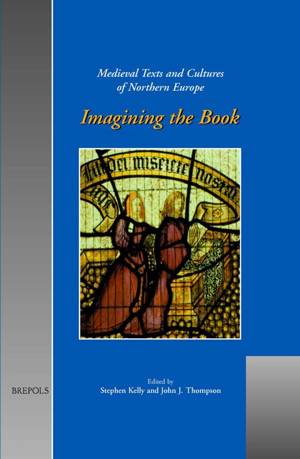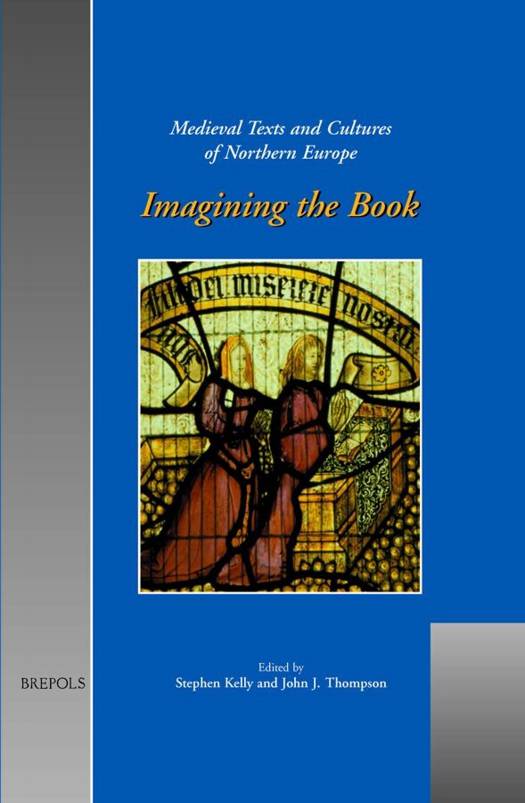
- Retrait gratuit dans votre magasin Club
- 7.000.000 titres dans notre catalogue
- Payer en toute sécurité
- Toujours un magasin près de chez vous
- Retrait gratuit dans votre magasin Club
- 7.000.0000 titres dans notre catalogue
- Payer en toute sécurité
- Toujours un magasin près de chez vous
Description
Collectively, the contributors to Imagining the Book offer a snapshot of current research in English manuscript study in the pre-modern period on the inter-related topics of patrons and collectors, compilers, editors and readers, and identities beyond the book. This volume responds to the recent development and institutionalization of 'History of the Book' within the wider English Studies discipline. Scholars working in the pre-printing era with the material vestiges of a predominantly manuscript culture are currently establishing their own models of production and reception. Research in this area is now an accepted part of twenty-first century Medieval Studies. Within such a context, it is frequently observed that scribal culture found imaginative ways to deal with the technological watersheds represented by the transition from memory to written record, roll to codex, or script to print. In such an 'eventful' environment, texts and books not infrequently slip through the semi-permeable boundaries laboured over by previous generations of medievalists, boundaries that demarcate orality and literacy; 'literary' and 'historical'; 'religious' and 'secular'; pre- and post-Conquest compositions, or 'Medieval' and 'Renaissance' attitudes and writings. Once texts are regarded as offering indices of community- or self-definition, or models of piety and good behaviour (and the codices holding them statements of prestige and influence), the book historian is left to contemplate the real or imagined importance and status of books and writting within the larger socio-political, often local, milieux in which they were once produced and read. All fourteen essays in this volume question the status of the book in a predominantly manuscript culture. Some focus on the practical politics of book production and local circumstances; others focus on the visual experience of early readers. In this volume, the idea of the pre-modern vernacular book is pursued in terms of its miscellaneity and its association with localised writing projects undertaken by (and occasionally also for) a polyglot and sometimes also socially-aware English readership. Such investigation is valuable since it enables us to recognise the textual networks, the sources and the readership that mark the pre-modern codex as an important medium of social and literary exchange quite distinct from printed books.
Spécifications
Parties prenantes
- Auteur(s) :
- Editeur:
Contenu
- Nombre de pages :
- 253
- Langue:
- Anglais
- Collection :
Caractéristiques
- EAN:
- 9782503516936
- Date de parution :
- 01-12-05
- Format:
- Livre relié
- Format numérique:
- Genaaid
- Dimensions :
- 168 mm x 248 mm
- Poids :
- 616 g

Les avis
Nous publions uniquement les avis qui respectent les conditions requises. Consultez nos conditions pour les avis.






